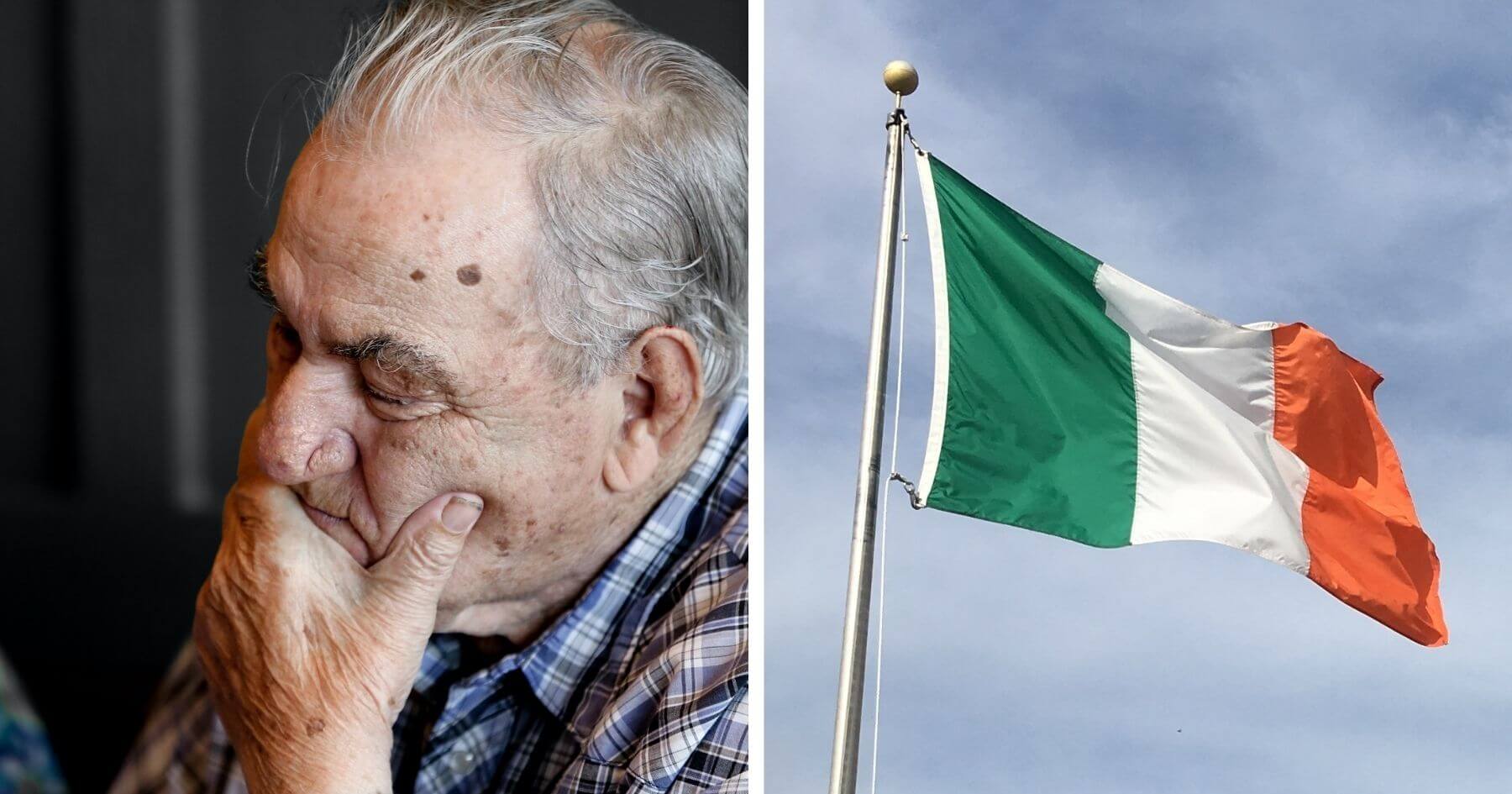A study that examined the attitudes and opinions of physicians in Ireland found that only 14% of physicians surveyed were in favour of introducing euthanasia into Ireland.
Just 17% were supportive of introducing physician-assisted suicide. A majority continue to oppose the legalisation of euthanasia (67.2%) and physician-assisted suicide (56.3%).
Last September, activists in Ireland introduced the ‘Dying with Dignity Bill‘, which would permit assisted suicide or euthanasia for any Irish citizen over 18 who has been diagnosed with a terminal illness.
The Private Members’ Bill, tabled by Gino Kenny TD of People Before Profit, does not include a time limit for terminal illness, only requiring that the patient be “likely to die as a result of that illness or complications” at an unspecified stage. There is no provision for mandatory psychiatric or psychological evaluation of requests for assisted suicide or euthanasia, where the patient appears to be impaired in their judgement.
The Royal College of Physicians of Ireland (RCPI) has said, “The Bill, as it stands, is very open to significant misuse and abuse and encompasses any person in Ireland who has any chronic condition”.
Those promoting euthanasia and assisted suicide in Ireland are facing the same difficulty as advocates of assisted suicide in the UK where large numbers of doctors, especially those working in palliative care, are opposed to changing the law on assisted suicide and euthanasia. In 2020, the British Medical Association (BMA) surveyed its members asking whether it should change its stance on assisted suicide from ‘opposition’ to ‘neutral’. 70% of doctors working in palliative care stated they were opposed to the BMA changing their stance on assisted suicide.
Study finds that wish to die is transient
A major study on ageing in Ireland found that almost three-quarters of people over 50 who had previously expressed a wish to die no longer had that desire two years later.
The Irish Longitudinal Study on Ageing (TILDA), surveyed 8,174 people over the age of 50 and found that 3.5% expressed a wish to die at Wave 1 of the study. However, as the report states:
“Seventy-two per cent of these participants no longer reported a wish to die when reassessed 2 years later”.
Right To Life UK spokesperson, Catherine Robinson, said: “The overwhelming majority of doctors who are most intimately involved in the end-of-life care of their patients continue to oppose assisted suicide. They know from experience that what vulnerable people need at the end of their lives is love and support, not offers to assist their death. Laws prohibiting assisted suicide and euthanasia exist to protect those who are sick, elderly, depressed or disabled from being pressured into ending their own lives. This pressure might unintentionally come from doctors wanting to free up beds, from family members wanting to get their inheritance, or simply because individuals feel they are a burden on society”.
“Assisted suicide has been legal in Oregon since 1997. Their annual report for 2020 found that 53.1% of patients were concerned with being a ‘burden on family, friends/caregivers’”.












